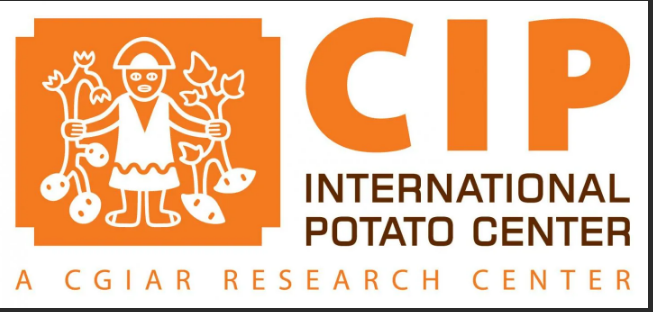#AgriculturalRevolution #ARCtechnology #PotatoCultivation #CIP #SustainableAgriculture #Farmers #Telangana #SupplyChain #GeneticPurity #CropQuality #RuralEconomy
The introduction of Apical Rooted Cutting (ARC) technology marks a significant milestone in the agricultural landscape of Telangana. Recognizing its immense potential, the International Potato Center (CIP) has taken the initiative to support the state’s department in developing a robust ARC supply chain. This collaboration is poised to revolutionize potato cultivation and bring about a paradigm shift in agricultural practices.
ARC involves the use of apical cuttings, which are the terminal buds or shoots of a plant. These cuttings are carefully selected and cultivated to produce new plants with enhanced traits. By using ARC, farmers can bypass the traditional method of planting potatoes from seed tubers, leading to several advantages.
One of the key benefits of ARC is its ability to ensure genetic purity and disease-free propagation. Through this technique, farmers can propagate high-quality planting material, thereby minimizing the risk of disease transmission and increasing overall crop health. ARC also enables the rapid multiplication of desirable potato varieties, allowing for faster crop turnover and increased productivity.
CIP’s support in developing the ARC supply chain will be instrumental in facilitating the adoption of this innovative technique by farmers across Telangana. The organization will provide technical expertise, training, and resources to establish ARC nurseries and promote the production of high-quality planting material. This comprehensive approach aims to create a sustainable supply chain that benefits both smallholder farmers and commercial potato growers.
The development of the ARC supply chain in Telangana is expected to have far-reaching consequences for the state’s agricultural sector. By embracing this cutting-edge technology, farmers can achieve higher yields, improved crop quality, and increased profitability. The ARC technique reduces dependency on traditional seed tubers, making potato cultivation more accessible and cost-effective for farmers.
Furthermore, the adoption of ARC can contribute to the conservation of rare and endangered potato varieties. By preserving and propagating diverse genetic resources, Telangana can play a crucial role in safeguarding agricultural biodiversity. This not only strengthens food security but also opens up avenues for sustainable agriculture and research.
In addition to the immediate benefits, the development of the ARC supply chain has the potential to create employment opportunities and boost the rural economy. The establishment of ARC nurseries and associated infrastructure will generate jobs in production, nursery management, and distribution. This can help alleviate unemployment and contribute to the socio-economic development of the region.







